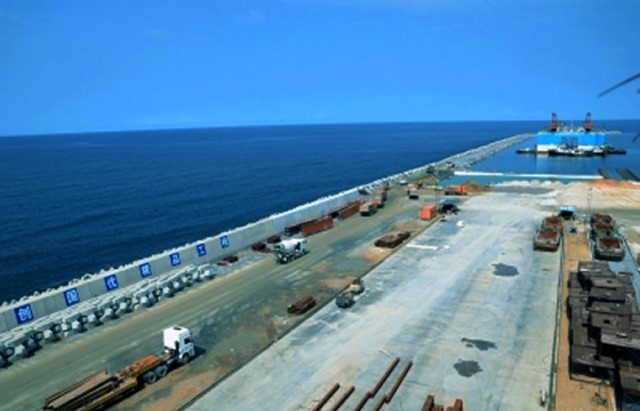In Summary
- Rising demand for cement is being fueled by a shortage of housing in the country
- Mega projects underway in Cameroon are are also making demand for the building commodity to sour
- According to government data demand for cement is estimated to grow 8 percent a year by 2020 from 3 percent now.
- Cameroon has an annual population growth rate of 2.6 per cent, and an annual urbanisation growth rate of 6.5 per cent
Cement firms in Cameroon are on an expansion mode, a move likely to increase competition among the firms but one that could help address rising demand of the commodity.
Cimenteries du Cameroun a major cement firms in Cameroon and a subsidiary of LafargeHolcim will now be forced to contend with cutthroat competition with the expansion of these cement manufacturers in the country.
Morocco’s Douja Promotion Groupe Addoha SA for instance has announced an expansion of production capacity in the central African country this year.
According to government data demand for cement is estimated to grow 8 percent a year by 2020 from 3 percent now.
Trade Minister Luc-Magloire Mbarga Atangana says Cameroon is currently experiencing a booming construction industry leading to rising demand of the building commodity.
With an annual population growth rate of 2.6 per cent, and an annual urbanisation growth rate of 6.5 per cent, Cameroon is today rated at about 54 per cent urbanised. This state of affairs has incidentally given birth to a looming challenge, one that is fast becoming an emergency.
“Our country is currently under construction with major infrastructure projects including ports, dams, bridges, roads, stadiums and housing,” he says.
Projects include the more than 300-kilometer (186 mile) dual-lane highway between Yaounde and Douala, the commercial capital, and a deep-water port in Kribi, a southern coastal town.
Cameroon is the 2019 host of the Africa Cup of Nations soccer tournament and as such it is investing heavily on stadiums construction. Demand for cement in the country has also been fueled by a housing shortage.
With an annual population growth rate of 2.6 per cent, and an annual urbanisation growth rate of 6.5 per cent, Cameroon is today rated at about 54 per cent urbanised. This state of affairs has incidentally given birth to a looming challenge, one that is fast becoming an emergency.
According to the Ministry of Trade Annual cement production in Cameroon stands at 4.2 million metric tons compared with 1.6 million tons three years ago.
But in a move that will set stage for stiff competition, Nigerian cement maker Dangote has started construction of a $150 million plant with annual capacity of 1.5-million tons in the capital Yaounde. Dangote cement is inspired by the need to expand outside its home soil.
Dangote Cement owned by Africa’s richest man Aliko Dangote has in recent years increased its footprint across Africa, with manufacturing plants in Ethiopia, Tanzania and Zambia. Dangote has also plans to construct a cement plant in Kenya.

